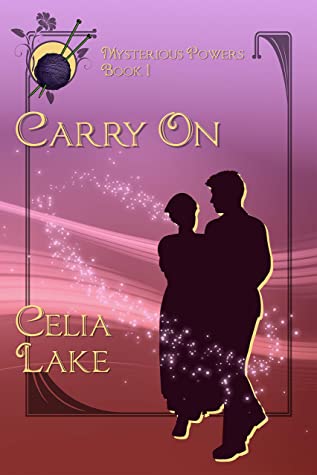I came across a number of interesting articles in the early part of the past week. I’ve been a bit preoccupied during the latter part of the week, trying to plan a family vacation for next month, which kept me from keeping up with the blogs I normally follow, so there aren’t any from the end of the week.)
“You are what you read, survey suggests” (Linda Carroll, The Body Odd at MSNBC.com) Identifying with a literary character can affect your behavior and personality.
“Landmark Copyright Decision Defends Fair Use” (Nate Hoffelder, The Digital Reader blog) A judge has found that Georgia State University librarians’ photocopying of materials was indeed legal under the academic provisions of fair use and did not violate copyright.
 Jane Litte argues that “Copyright Terms Should Be Shorter” over at the Dear Author blog.
Jane Litte argues that “Copyright Terms Should Be Shorter” over at the Dear Author blog.
Author Lev Grossman (The Magicians, The Magician King) talks about reviewing books for Publishers Weekly and Time in “Confessions of (Another) Book Reviewer.” (Time)
“The Man Who Took on Amazon and Saved a Bookstore” (Phil Johnson, Forbes) explores how owner Jeff Mayersohn is making the independent Harvard Book Store a success despite the competition from Amazon.
“Writer’s Cramp: In the E-Reader Era, a Book a Year Is Slacking” (Julie Bosman, New York Times) As e-readership increases, the pressure is increasing for writers to churn out more than one book a year.
The Book Smugglers reviewer Thea has compiled and released the results of a survey of bloggers and e-book readers taken a few months ago. Her sample size was fairly large: 182 bloggers, 675 non-blogging readers, and 62 authors. (Thea has not released the author data.) The data is present clearly, in clean, easy-to-read graphs and pie charts. The survey covers ebook reading, purchases (how many and from which retailers), devices used, ebook prices, DRM, enhanced content, and likelihood of collectible hardcover purchase. The results are interesting though not particularly surprising. The survey was undertaken as part of the market research for Thea’s graduate thesis.
Modern technology is shrinking our attention span and causing tech addiction, according to Mark Kelley in an op-ed piece in the Bangor Daily News. And it’s physiological as well as psychological.
“Judge Allows Class-Action Lawsuit on E-Book Pricing to Go Ahead” (Julie Bosman, New York Times)




































